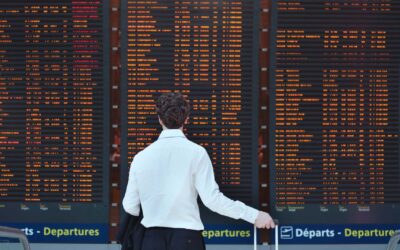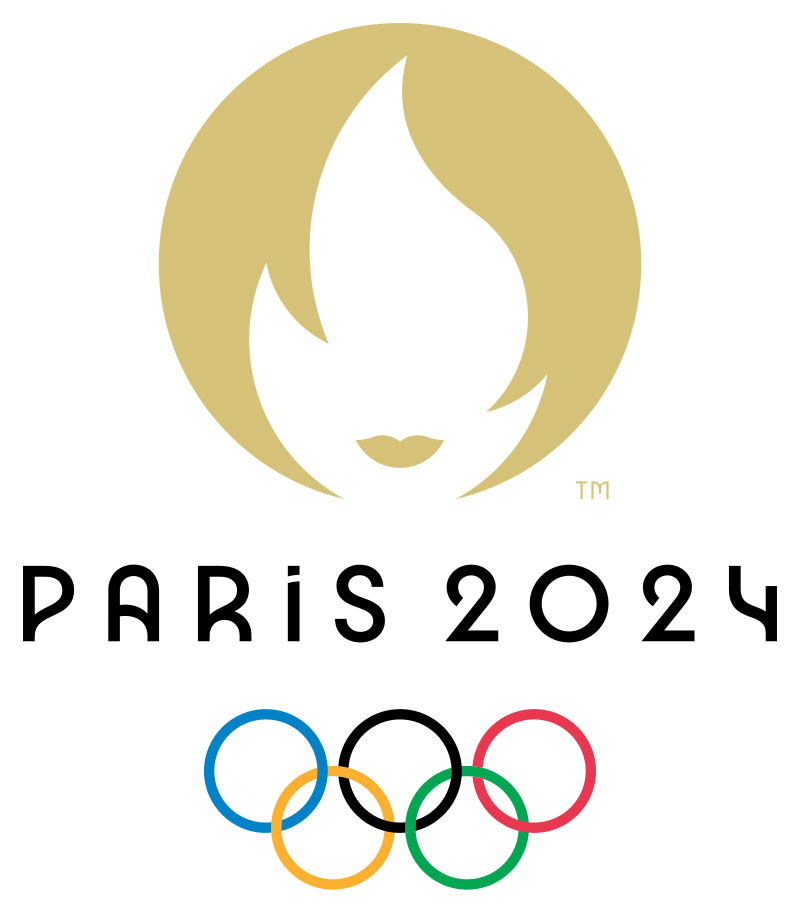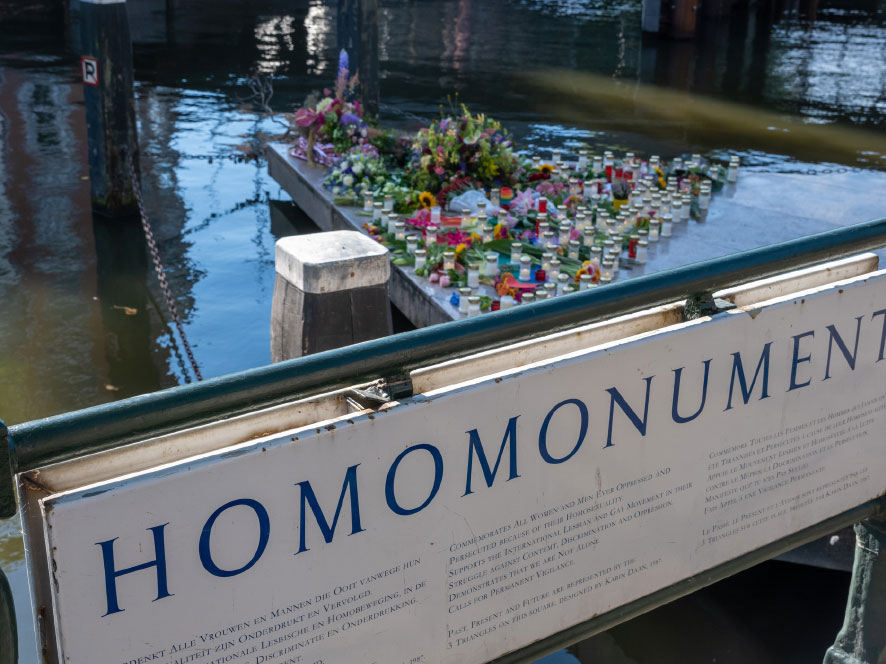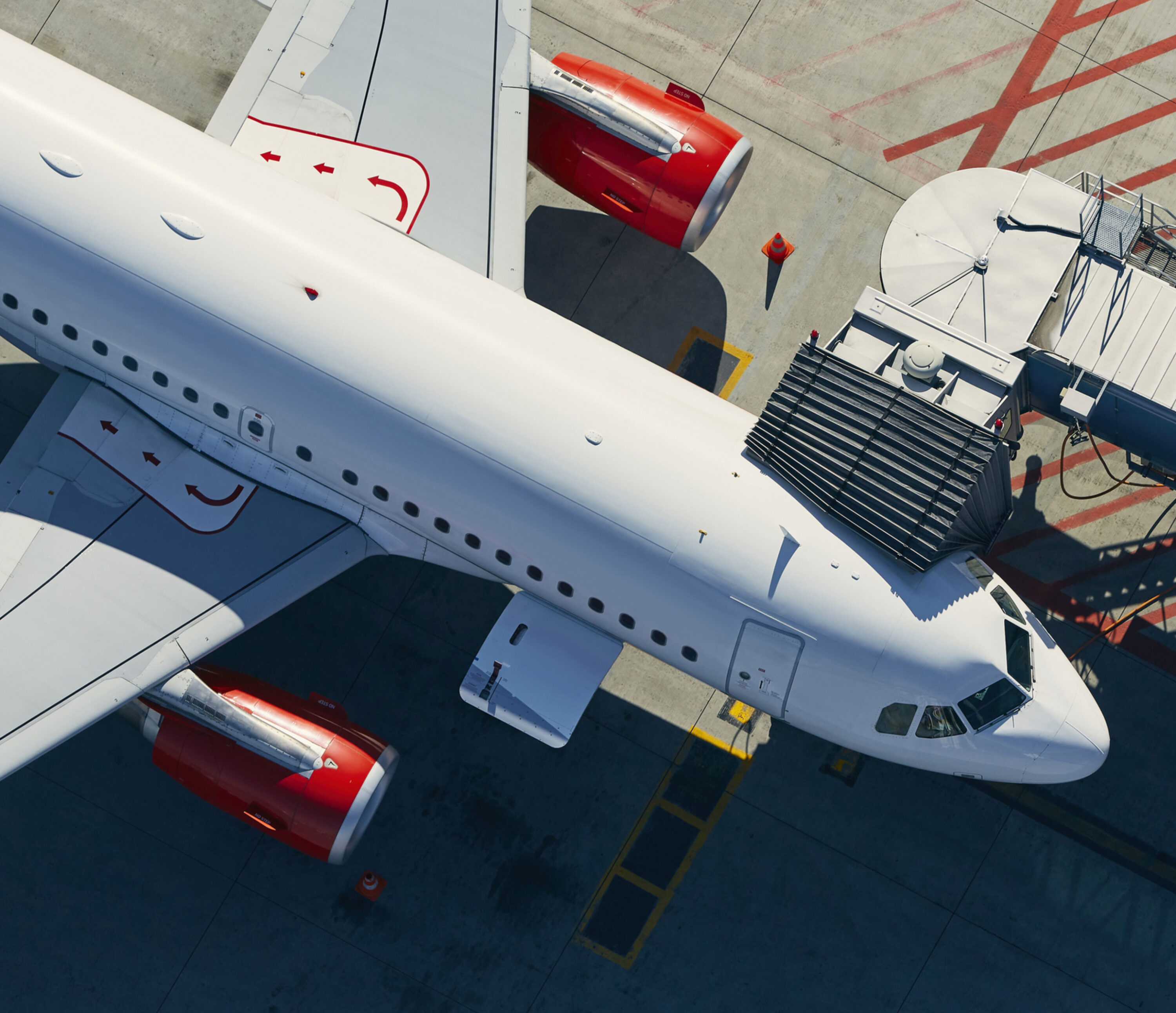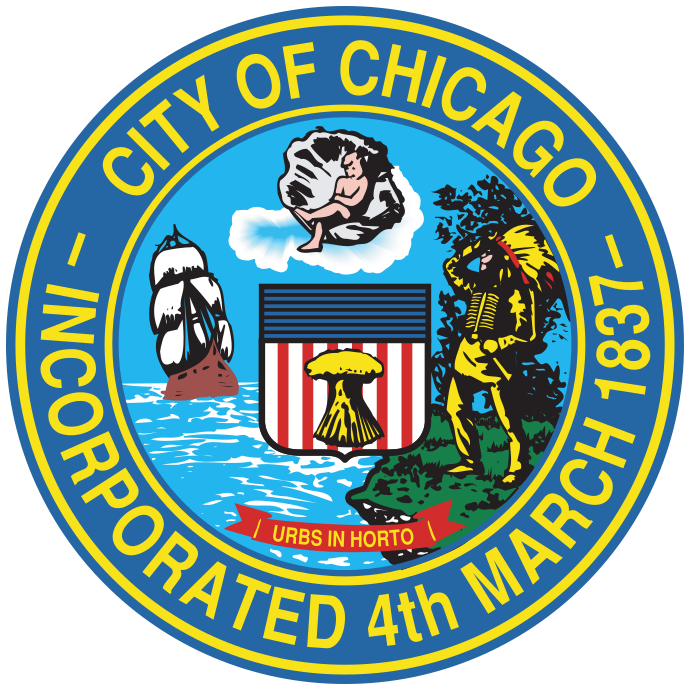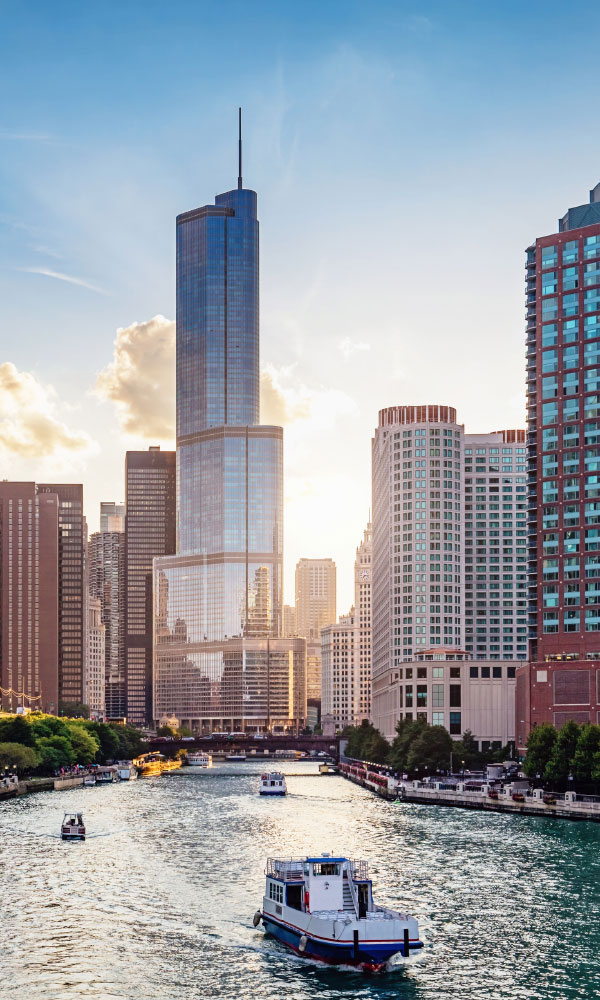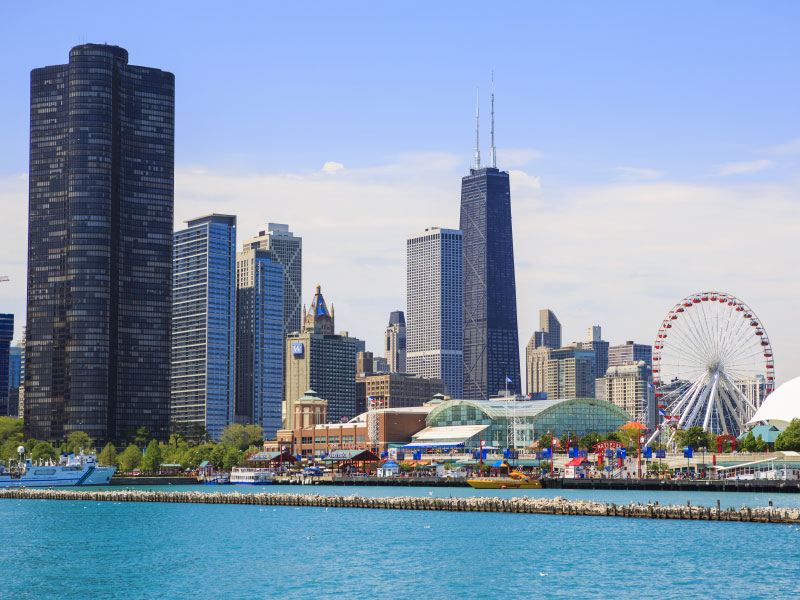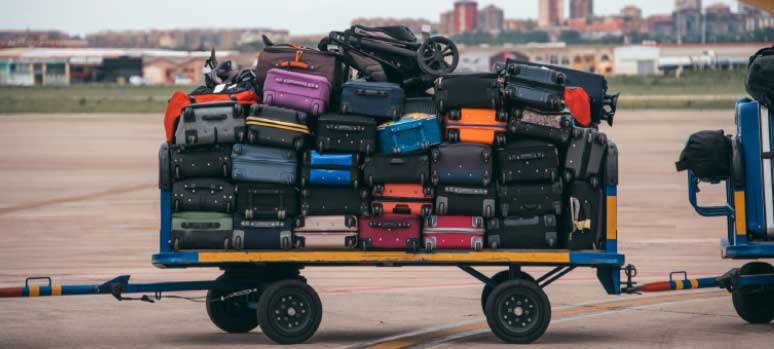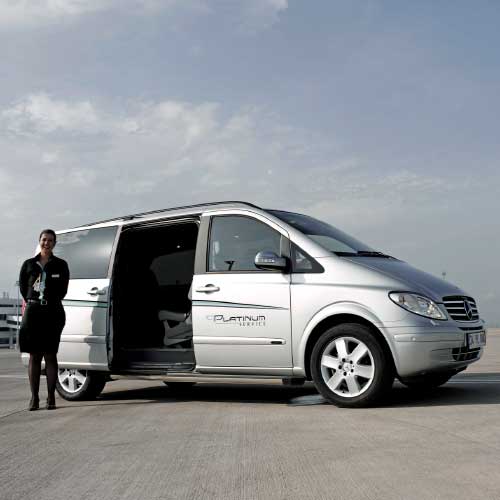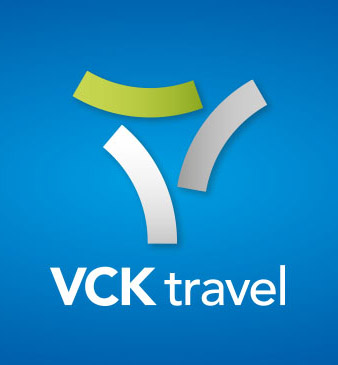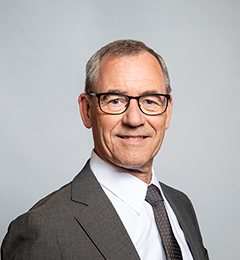A recent article from The Business Travel Magazine claims that Travel Management Companies (TMCs) like Gray Dawes are struggling to provide value for their clients. However, at Gray Dawes, we respectfully and heartily disagree… After all, not all TMCs are created equally. Tarring everyone with the same brush only serves to devalue the brilliant work and innovative thinking that organisations such as ours bring to the industry. In this article, we take a deeper look at the “Value Proposition” piece from the Business Travel Magazine and demonstrate how we are genuinely doing things differently.
The 100% SAF Operated With Equivalent Safety to Traditional Jet A-1 Aviation Fuel
Flight100 used a 100% SAF fuel blend of 87% HEFA-SPK2 made from waste fats and sourced from Air bp in the EU and 13% dextrose-based SAK3 from Virent Inc. in the US.
This SAF blend did not qualify as fuel for use in commercial aviation by the ASTM, the body that governs the international technical standard for aviation fuel.
As a result, Flight100 could not operate under normal circumstances. It required a one-off approval for a non-commercial Permit to Fly from the UK Civil Aviation Authority (CAA) and overflight approvals from Irish, Canadian, and American civil aviation authorities.
Once approved, a ground test of the engines was conducted to test the performance of SAF compared to normal Jet A-1 fuel. After 4 hours of testing different thrust settings, it was established that performance was equivalent across both fuels.
Then a ground test of the auxiliary power unit (APU) was performed to evaluate the adverse effects caused by the 100% SAF blend. An internal inspection of the APU found there to be no identifiable signs of damage or leakage caused by the Flight100 fuel.
Key Takeaways
- The flight demonstrated that a widebody long-haul aircraft using 100% SAF could operate at the same level of safety as traditional fossil fuel flights.
- No modification needed to be made to the airframe, engines, or any other components.
